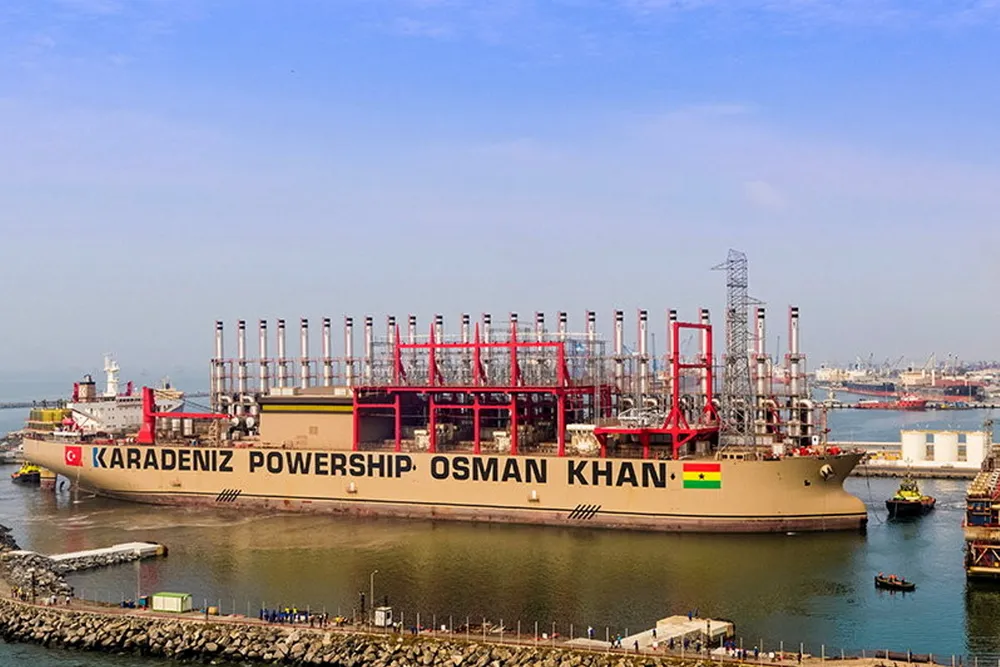Turkey’s Karpowership eyes second floating power unit in Mozambique
Turkish player wants to deploy power barge in Maputo using heavy fuel oil, despite offshore gas riches

Turkish player wants to deploy power barge in Maputo using heavy fuel oil, despite offshore gas riches
